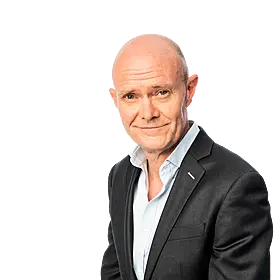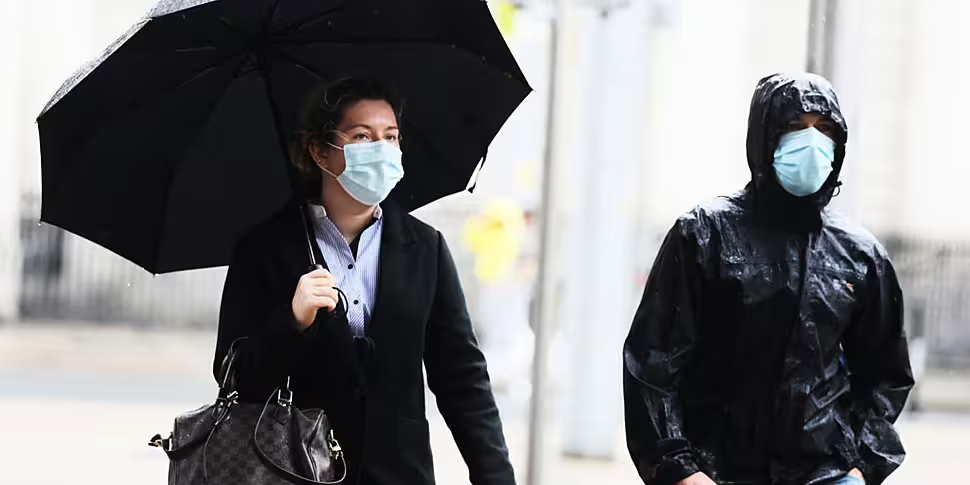The World Health Organisation (WHO) has warned that the fight against the coronavirus is still 'in the trenches'.
Dr Margaret Harris, a spokesperson for the WHO, told Newstalk Breakfast: "We are definitely in the trenches, in the trenches of a fight for our lives.
"We have seen a doubling of cases in the last six weeks - and by doubling, that's from a little over six million to well over 12 million.
"I mean we are going to reach 13 million cases very soon.
"But there is some good news: a lot of countries have managed to bring down the death rates, and that is really down to the fantastic work by the health staff who've begun to really understand what this virus does in the body, and to identify the people who are going to get sicker and to put in that extraordinary work to save them.
"But they are getting exhausted, we all really need to find ways to support them, to bring up the numbers in the health service - let people have a break".
Asked about the prospect of a vaccine, Dr Harris said: "We've got over 100 candidate vaccines, and we've got around 10 - if I recall correctly - that are in the second and third stages of human trials and that has never happened in the history of human health and science before.
"But that stage, the human trial stage, is necessarily slower because you have to ensure not just that it works, but that it works safely.
"Even if we saw a vaccine that we had some clear evidence was working, still the next stage is production, roll-out, working out where it can be used first effectively.
"All those things again are slower steps, we would not expect to see it in August".
On the issue of complacency, she said that is "a big risk".
"One of the problems was a lot of people did not understand the seriousness of this illness.
"They did not understand also - what we're seeing now - that even if you have what's classified as a moderate illness, you can be [and] have after-effects for a long time.
"This is a virus you do not want to have in your body, you do not want to catch it".
Asked about the re-opening of travel, she said: "There are a lot of things that all countries need to think about.
"First of all can you identify and really track who's coming in, who's going out - have you got a means of ensuring that they understand what needs to be done when they come in?
"Some countries impose a self-isolation period, other countries test, but you need to be very sure that you know who is moving in and out of your country, where they've been and that they are very complicit with what's required."
"It's really about being able to find, isolate, track and trace - as we've been saying over and over again - once you start opening up and moving around, that becomes really critical".
Asked about the potential success of any 'green list' of safe countries, Dr Harris said: "I think we can't really look at the moment and say that for certainty, because this is something countries are moving into - many of the countries that shut down their outbreaks really still took a 'anybody who comes in is considered at risk'".
"Even those countries that were very, very firm about who came in - we're seeing in Australia - that they still had a reseeding of the outbreak and they've got a significant new uptake in Melbourne".









